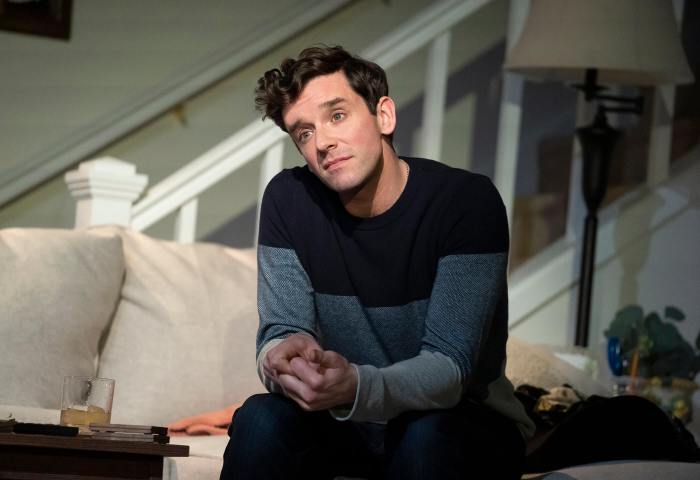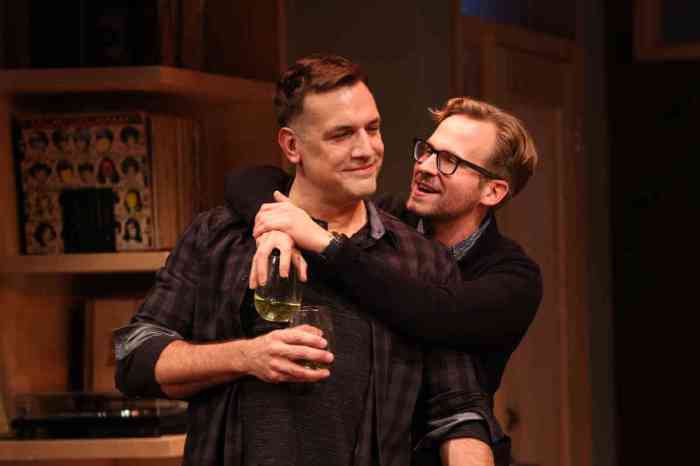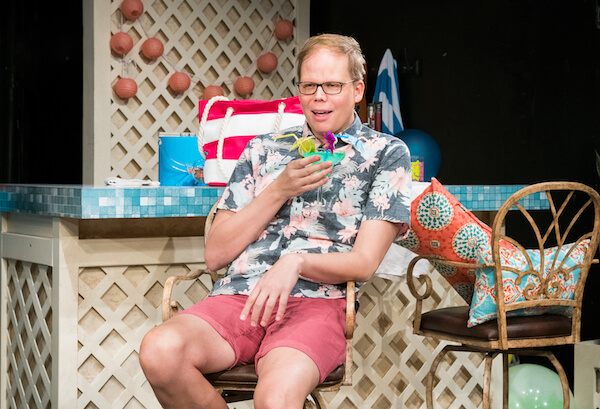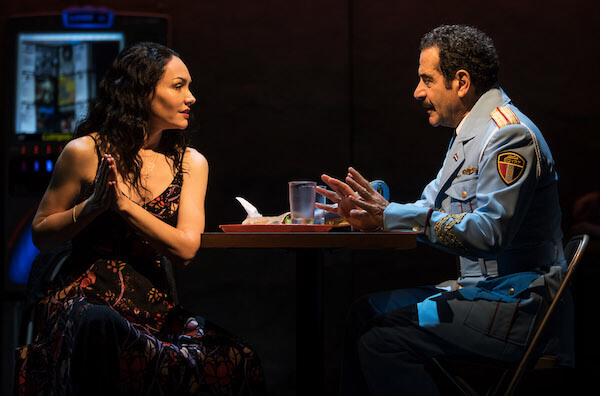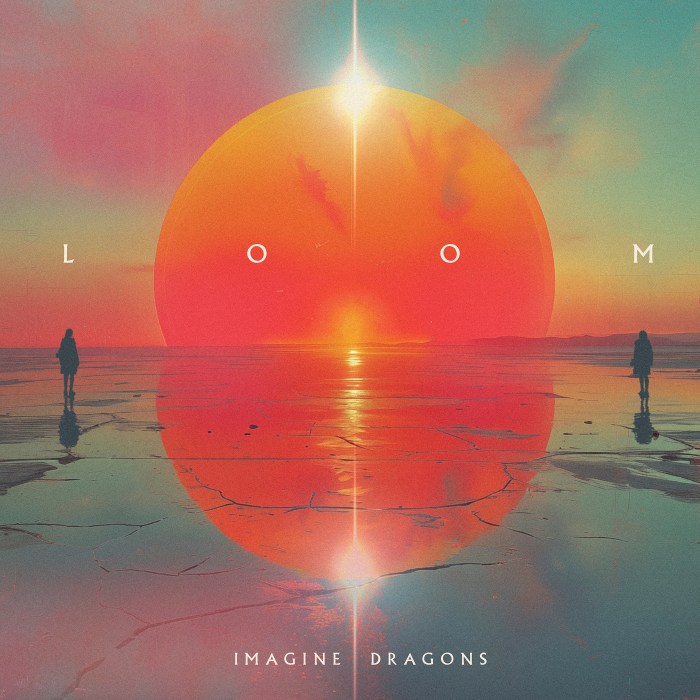Harvey Fierstein and Matthew Broderick in Paul Bogart’s 1988 “Torch Song Trilogy,” adapted from Fierstein’s 1982 play. | COURTESY OF EVERETT COLLECTION VIA THE QUAD
The Quad Cinema is offering moviegoers a one-night-only opportunity on June 12 to see the 1988 film adaptation of Harvey Fierstein’s Tony Award-winning 1982 play. And with the recent success of the Off-Broadway production of Fierstein’s “Torch Song,” starring Michael Urie and Mercedes Ruehl, moving to the Great White Way this fall, the film is necessary viewing.
The film opens in 1952 Brooklyn, where Ma (Anne Bancroft), is screaming for her son “Ahh-nold.” She soon discovers him in a dress wearing makeup. Cut to New York City, 1971, where Arnold (Fierstein), a female impersonator, is preparing to go on stage. But first he directly addresses the audience. This proud gay man, with a voice as strong as his personality, ingratiates himself quickly and easily with viewers. He explains in the film’s pre-credit sequence, “There are easier things in this life than being a drag queen, but I ain’t got no choice.” Such is Arnold’s self-awareness and his self-pity. It is a dynamic that sets up the heartbreak to come in his life over the course of the film.
“Torch Song Trilogy” milks the tragedy Arnold experiences as he tries to find love and respect from his lovers and family. The first act has Arnold meeting Ed (Brian Kerwin) in a gay bar. The two men spend a few cozy weeks together, even going up to Ed’s rustic country home where a silly odd couple montage is meant to wring laughs (it’s more quaint than funny). Ed, who is bisexual, ends up getting cold feet and starts dating Laurel (Karen Young). Arnold is heartbroken, but there is a poignant scene between the two men in Arnold’s dressing room. This is one of many moments in the film where the characters’ hearts are laid bare, and Kerwin is particularly impressive expressing his anxiety and trying to admit what his character is afraid to feel.
Quad revives “Torch Song” adaptation starring Harvey Fierstein, Matthew Broderick
Director Paul Bogart worked for most of his career in TV and that shows. He focuses in on the emotions and lets the characters play to each other as if they were on stage.
The second act of the film, set in 1977, has Arnold meeting Alan (Matthew Broderick) in the nightclub when Arnold’s act is sabotaged by one of Alan’s friends. Arnold is wary of Alan; he had become wary of commitment after Ed. But Alan woos him, and the two men quickly establish a comfortable domesticity. After an eventful weekend they spend in the country with Ed and Laurel almost derails both relationships, Alan remedies the situation, proving his love by dedicating a song on the radio to Arnold and even asking him to marry him, decades before such a thing was legally possible.
“Torch Song Trilogy” also addresses gay adoption, with Arnold and Alan arranging to parent a gay teen, David (Eddie Castrodad). Unfortunately, a tragedy changes the couple’s plans.
Fierstein’s script nicely handles the social issues it raises in its second act, making clear the characters are looking for nothing more than the right to live like anyone else. The challenge of being an out gay man in 1977 (the film’s setting), 1982 (when the play was staged), and even 1988 (when the film came out) remained daunting in many respects. Even by the time the film came out, its treatment of gay relationships, homophobia, and the characters’ interest in creating a family was strikingly fresh — prefiguring the enormous changes that society has undergone in the three decades since.
It is in the film’s last act, however, that Fierstein’s work is most painful and most unabashed. Ed has moved in with Arnold and David and Arnold’s mother arrives for a visit, unaware that her son is a father now. That’s just one of the issues she will have with Arnold, as both characters confront hard truths and dispense one-liners in equal measure. Their fights — in which each says hateful things to the other — are gripping and impassioned, making for great drama. During a particularly heated exchange, Bogart shrewdly moves in for a close-up of Bancroft at just the right moment.
While Ma does not want to talk about Arnold’s homosexuality, that is all Arnold wants to talk about. The contrast is canny, with Arnold’s abrasive voice conveying the repression gay men have long felt. His need and insistence in expressing himself fully at all times are inspiring.
Bancroft and Fierstein’s parts are tailor-fit for the actors who tear into them with gusto. In support, Broderick and Kerwin do quite well in more limited roles. Only Castrodad’s performance feels off, belting every line to the rafters.
If “Torch Song Trilogy” in its film adaptation feels stagy at times, humor, heart, and humanity are on full display nonetheless. Viewers will likely need tissues by the end — even if, at moments, they feel their tears are jerked manipulatively.
TORCH SONG TRILOGY | Directed by Paul Bogart | New Line Cinema | Jun. 12 at 7 p.m. | Quad Cinema, 34 W. 13th St. | quadcinema.com




























